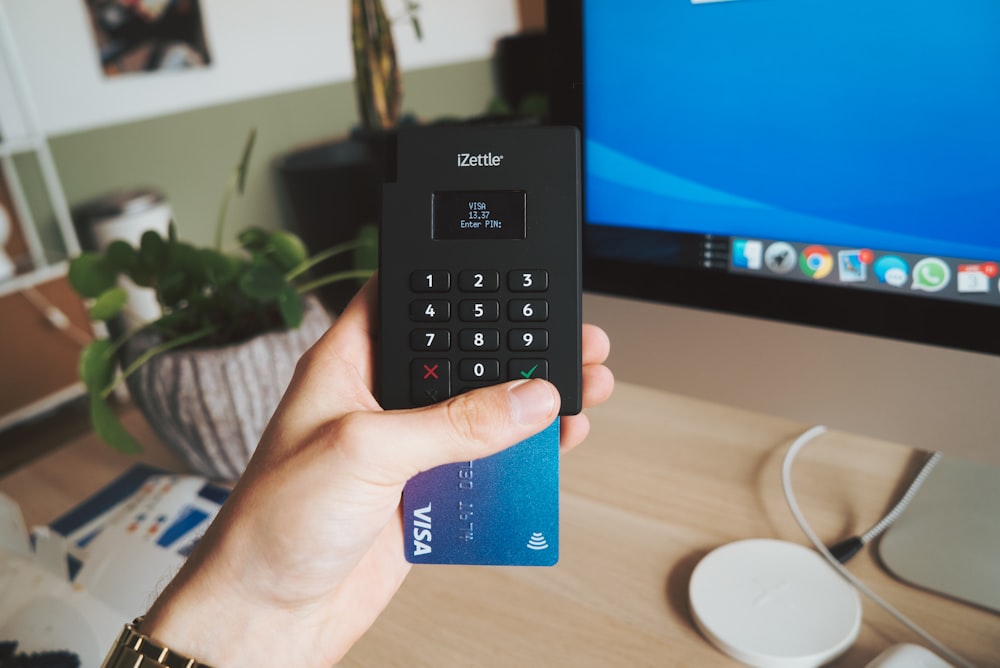Visa Expands Stablecoin Network In CEMEA Through Yellow Card Partnership
Image Source: Unsplash
Visa has expanded its stablecoin infrastructure into Central and Eastern Europe, the Middle East, and Africa (CEMEA) via a new partnership with Yellow Card. This move marks a strategic extension of Visa’s blockchain-based payment framework across emerging regions where demand for digital settlement continues to grow. By enabling faster and more efficient payment rails, Visa positions stablecoins as a core part of modern financial services.
Visa Advances Blockchain Settlement Across CEMEA
Visa has launched stablecoin settlement for select issuers and acquirers across the CEMEA region to enhance cross-border payment efficiency. The expansion supports dollar-denominated transactions on blockchain networks and ensures real-time availability throughout the year. As global commerce becomes more digital, stablecoins offer a scalable solution for cost-effective settlement.
🇺🇸 $16 TRILLION VISA PARTNERS WITH #BITCOIN AND CRYPTO EXCHANGE YELLOW CARD TO EXPAND ITS OPERATIONS
— Vivek⚡️ (@Vivek4real_) June 19, 2025
HERE WE GO!!! pic.twitter.com/38icJj5ibG
The company allows partners in CEMEA to settle in USDC directly rather than converting to traditional fiat currencies. This reduces friction and aligns with growing demand for transparent and programmable payment methods. The initiative eliminates delays tied to traditional banking hours and offers improved liquidity flexibility.
Visa’s stablecoin infrastructure first launched in 2023 with a pilot involving Crypto.com, enabling crypto payments through Visa cards. Over time, Visa extended the program to acquirers like Nuvei and Worldpay, allowing them to receive payouts in USDC. By broadening access across CEMEA, Visa seeks to build a unified digital asset network for its global clientele.
Yellow Card Partnership Targets African Payment Transformation
Visa’s collaboration with Yellow Card strengthens its foothold in Africa’s growing stablecoin ecosystem. Yellow Card operates across several African jurisdictions and will help Visa test scalable treasury and liquidity solutions using stablecoins. The companies aim to streamline cross-border transactions and optimize balance sheet operations.
The partnership supports Visa’s broader strategy to integrate stablecoin solutions into licensed financial systems with trusted fintech operators. By leveraging Yellow Card’s regional expertise, Visa ensures its stablecoin infrastructure complies with local regulations and operational standards. This approach creates a compliant gateway for stablecoin-based commerce in underserved markets.
Both firms will jointly explore advanced applications such as B2B payments, liquidity pooling and direct merchant settlements. These solutions are designed to replace outdated cross-border systems and provide transparent value flows. The integration also reflects Visa’s ambition to accelerate blockchain adoption across payment networks in Africa.
Visa Expands Stablecoin Tools with Product Innovation
Visa is enhancing its product stack to support the growing role of stablecoins in finance. The Visa Tokenized Asset Platform (VTAP), launched last year, enables banks to issue stablecoins and tokenized deposits securely. Spanish bank BBVA is among the early partners planning to pilot a Euro-backed stablecoin on Ethereum.
Visa backed the B2B-focused stablecoin payment firm BVNK to improve global liquidity and business settlement infrastructure. This aligns with Visa’s mission to offer programmable financial tools to institutions worldwide.
Visa continues to develop standardized APIs and compliance frameworks to support adoption at scale. Stablecoins play a critical role in providing 24/7 settlement, simplified reconciliation and cross-border accessibility.
More By This Author:
Marvell Technology, Inc. Surges on AI Chip Innovations And Expanded Data Center Outlook
XRP Price Holds Firm as SEC Seeks Appeal Pause Pending Court Motion
Race For Solana ETF Heats Up As CoinShares Submits SEC Filing




